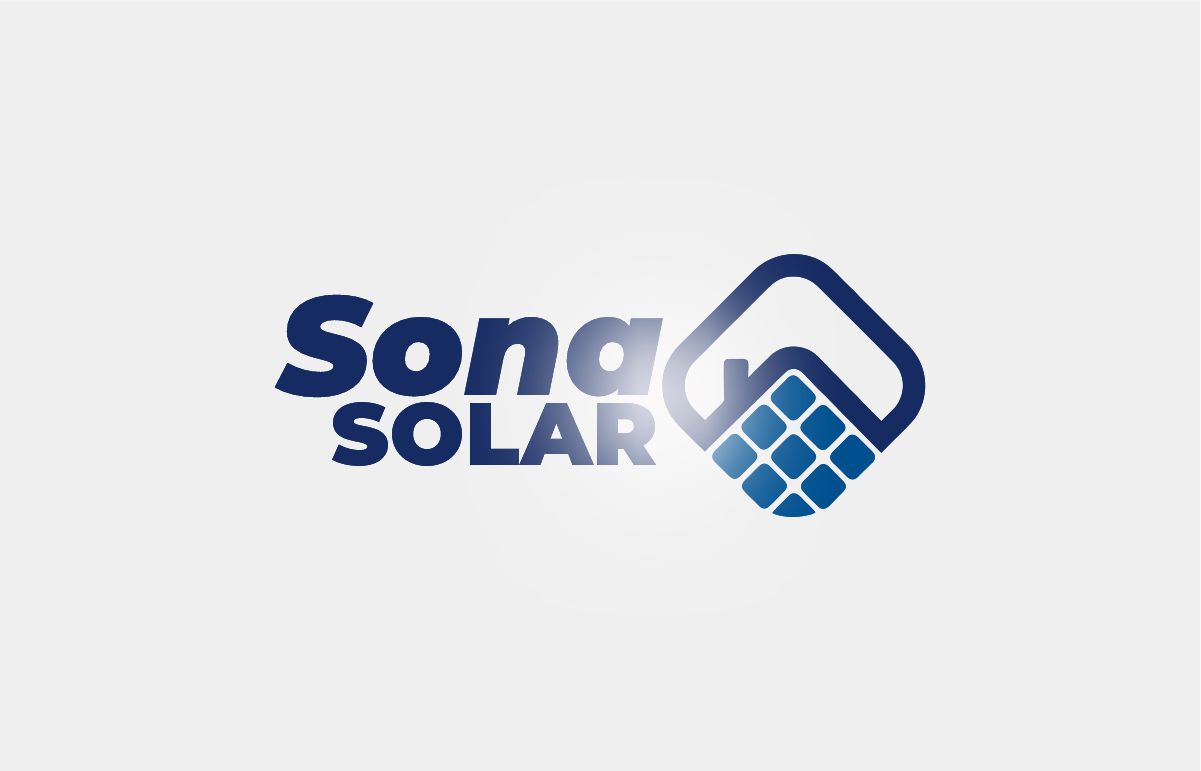Sona Solar Zimbabwe Is Customer Centric. We offer a Comprehensive One-Stop-Shop experience and Bridge The Huge Gap Between Getting The Best, Quality Products and Getting it at an Affordable Price.
Feel free Call us or WhatsApp us on +263 78 922 2847 and +263 78 864 2437.
For Borehole Drilling Services WhatsApp us on +263 77 389 8979 or +263 71 918 7878.
Zimbabwe’s power utility, the Zimbabwe Electricity Supply Authority (ZESA), has confirmed a major breakdown at Hwange Thermal Power Station, leading to significant disruptions in power supply across the country.
The outage has compounded an already strained energy sector in Zimbabwe, leaving households and businesses to cope with increased load-shedding and longer blackout periods.
In a statement, ZESA officials reported that multiple units at Hwange, one of Zimbabwe’s largest power stations, have gone offline due to technical faults. This latest development has reduced the country’s available electricity generation capacity, affecting domestic and industrial consumers alike.
“Hwange Thermal Power Station is currently down due to technical issues, and our teams are working around the clock to address the problem,” a ZESA spokesperson said. “We are prioritising repairs, but until then, power supply will remain constrained.”
In a statement, ZESA officials reported that multiple units at Hwange, one of Zimbabwe’s largest power stations, have gone offline due to technical faults. This latest development has reduced the country’s available electricity generation capacity, affecting domestic and industrial consumers alike.
“Hwange Thermal Power Station is currently down due to technical issues, and our teams are working around the clock to address the problem,” a ZESA spokesperson said. “We are prioritising repairs, but until then, power supply will remain constrained.”
The Ripple Effect of Power Cuts
The Hwange breakdown comes at a critical time as Zimbabwe grapples with ongoing energy shortages. The power cuts are expected to have a ripple effect across several sectors, from agriculture to manufacturing, which heavily rely on consistent electricity.Farmers using electric-powered irrigation systems are already expressing concerns about the impact on crop yields, while manufacturers have warned of potential production losses that could lead to shortages and price hikes in essential goods.
Business groups, including the Confederation of Zimbabwe Industries (CZI), have voiced frustration, with many companies now relying on costly diesel generators to maintain operations. “Frequent power cuts are a severe setback to economic recovery efforts,” said CZI president Kurai Matsheza. “Industries cannot sustain production costs indefinitely with generators, and this will lead to an increase in product prices that could harm consumers.”
Business groups, including the Confederation of Zimbabwe Industries (CZI), have voiced frustration, with many companies now relying on costly diesel generators to maintain operations. “Frequent power cuts are a severe setback to economic recovery efforts,” said CZI president Kurai Matsheza. “Industries cannot sustain production costs indefinitely with generators, and this will lead to an increase in product prices that could harm consumers.”
Impact on Daily Life
For ordinary citizens, the Hwange breakdown has resulted in daily power outages that extend beyond the usual load-shedding schedules. Many households have been forced to adjust routines, with some residents opting for alternative energy sources, such as solar power or firewood, to meet basic needs.“It’s become nearly impossible to keep food fresh or use any electric appliances,” said Harare resident Rudo Chiwara. “The government needs to find long-term solutions to these power problems, as it’s not fair for people to live in darkness every day.”
Government Response and Future Plans
Zimbabwe’s Ministry of Energy and Power Development has acknowledged the urgency of the situation and promised that ZESA is working to restore full capacity at Hwange. Additionally, the government has indicated it is exploring alternative energy sources, including solar, wind, and potential partnerships to import electricity from neighbouring countries.“We are aware of the disruptions and are actively working on solutions, including ongoing upgrades at Hwange and expanding renewable energy projects,” said Energy Minister Soda Zhemu. “This is a setback, but we remain committed to stabilising the power supply in the long term.”
Challenges in Energy Infrastructure
In recent years, Zimbabwe has made attempts to bolster its energy infrastructure, including the addition of new generating units at Hwange. However, frequent breakdowns, maintenance challenges, and delays in funding have hampered these efforts. The country’s reliance on ageing power plants has also exposed the grid’s vulnerability to outages.The Hwange breakdown underscores a broader energy crisis affecting southern Africa, with many countries in the region experiencing similar struggles to meet rising energy demands. Zimbabwe has historically relied on power imports from South Africa and Mozambique, but both countries face their own energy shortages, limiting the availability of surplus electricity for export.
The Case for Renewable Energy
Energy experts have called on Zimbabwe to accelerate its investment in renewable energy, given the abundant sunlight and wind resources available. Some analysts argue that increased private-sector participation in energy generation could also help alleviate the burden on ZESA.“There’s no quick fix to Zimbabwe’s power crisis, but a diversified energy portfolio that includes solar and wind could help mitigate these issues over time,” said energy consultant Joseph Mhike. “Government policies should encourage private investment in renewable energy, which could supplement the national grid and reduce dependency on ageing power stations like Hwange.”
Calls for Transparency and Resilience
As ZESA works to repair the faults at Hwange, citizens and advocacy groups are calling for greater transparency and regular updates on the progress of repairs and plans for future outages. Many are also urging the government to develop a more resilient energy policy to protect against such disruptions in the future.For now, Zimbabweans are left to contend with a reduced power supply, waiting for both short-term
fixes and the promise of a more stable energy future.
ZESA Confirms Further Reduced Power Supply - Hwange Power Station Breaks Down
The breakdown at Hwange Thermal Power Station has highlighted the fragility of Zimbabwe’s energy infrastructure and the urgent need for comprehensive solutions. While immediate repairs are underway, the long-term strategy must focus on diversifying energy sources, encouraging private investment, and enhancing the resilience of the national grid. Only through these measures can Zimbabwe hope to achieve a stable and sustainable energy future.What are your thoughts on the current power crisis? How has it affected your daily life or business operations? Share your experiences and suggestions for solutions in the comments below. Let's work together towards a brighter, more reliable energy future for Zimbabwe.
Named after the Gaelic term (Old Irish Word) Sonas - for Good Fortune (Prosperity and Happiness) - Sona Solar Zimbabwe is committed to bringing Prosperity and Happiness to its customers through Solar Solutions in Zimbabwe. We deliver turn-key energy efficient solutions to meet client energy and budgetary needs and reduce environmental impact.

Sona Solar Zimbabwe
Sona Solar Zimbabwe7 Frank Johnson Avenue,
Avenues, Eastlea
Harare, Zimbabwe.
Call Us Today:
Solar Sales: +263 78 293 3586
Solar Sales: +263 78 922 2847
Operations: +263 78 864 2437
Sona Landline: +263 24 2797750
Email: sonasolarzw@gmail.com
Website: www.sonasolar.co.zw

Borehole Experts Zimbabwe
Borehole Experts Zimbabwe7 Frank Johnson Avenue,
Avenues, Eastlea
Harare, Zimbabwe.
Call Us Today:
Borehole Sales: +263 77 389 8979
Borehole Sales: +263 71 500 3777
Borehole Operations: +263 71 918 7878
Borehole Landline: +263 24 2797750
Email: boreholeexpertszw@gmail.com
Website: www.boreholeexperts.co.zw
Choosing The Best Solar Company in Zimbabwe:
Choosing a solar panel installation company can be time-consuming. It is easy to be overwhelmed when comparing the reputation, price, warranty, and panel options of different solar providers.Sona Solar Zimbabwe stands out as one of the most reputable companies in Zimbabwe. Sona Solar Zimbabwe offers reliable systems with a 25-year warranty, 10-year workmanship warranty, and two-year production guarantee.
Sona Solar Zimbabwe prides itself on offering original solar products and accessories. Sona Solar Zimbabwe also maintains partnerships with reputable brands around the world.


.jpg)

.jpg)

.jpg)




.jpg)





